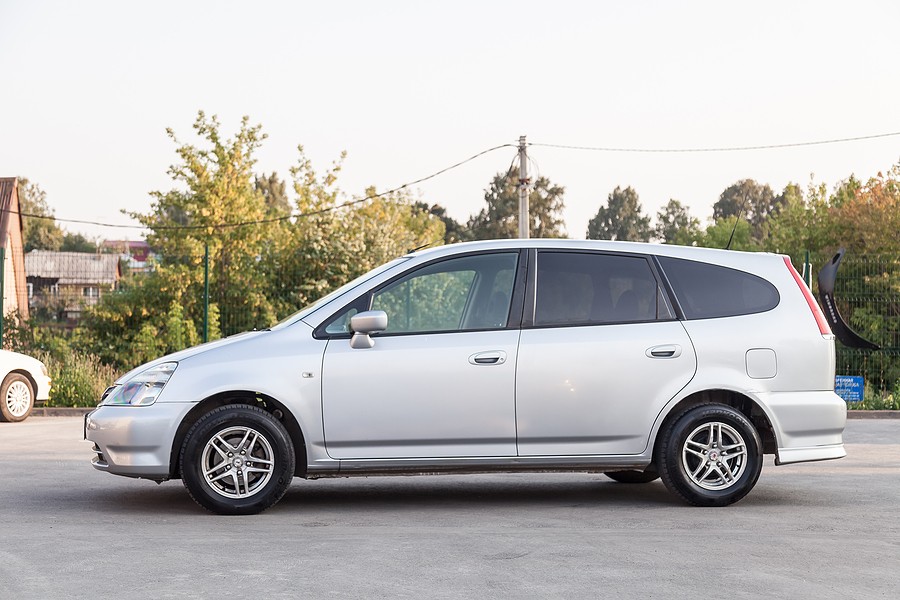As car owners, we often wonder whether the condition of our car affects the price we will receive when we sell it. The truth is, the condition of the car plays a significant role in determining its value. In this article, we will dive deep into the different factors that affect the price of a car and how its condition impacts its value.
When it comes to selling a car, its condition is a critical factor that determines its worth. Cars that are well-maintained and in excellent condition are likely to fetch a higher price compared to cars that are in poor condition. In fact, the condition of a car is one of the primary factors that dealers and buyers consider when determining its value.
Age of the Car:
The age of the car is a critical factor that affects its value. Generally, the older the car, the lower its value. This is because older cars tend to have more wear and tear and may require expensive repairs.
Mileage:
The mileage of the car is another important factor that affects its value. The higher the mileage, the lower the value of the car. This is because high mileage cars are more prone to mechanical issues and may require costly repairs.
Exterior Condition:
The exterior condition of the car plays a significant role in determining its value. Cars that are in excellent condition, with no dents or scratches, are likely to fetch a higher price compared to cars that have visible signs of damage.
Interior Condition:
The interior condition of the car is another factor that impacts its value. Cars that have clean and well-maintained interiors, with no tears or stains, are likely to sell for a higher price compared to cars that have a worn-out or dirty interior.

Mechanical Condition:
The mechanical condition of the car is perhaps the most critical factor that affects its value. Cars that have been well-maintained and are in excellent mechanical condition are likely to fetch a higher price compared to cars that have significant mechanical issues.
Service History:
The service history of the car is also an important factor that impacts its value. Cars that have a complete and detailed service history, showing that they have been regularly maintained, are likely to sell for a higher price compared to cars with incomplete or no service history.
Market Demand:
The market demand for a particular type of car is also an essential factor that determines its value. Cars that are in high demand are likely to sell for a higher price compared to cars that are not in demand.

Brand and Model:
The brand and model of the car also play a crucial role in determining its value. Some car brands and models have a better resale value compared to others.
Location:
The location where the car is being sold can also impact its value. In some areas, certain types of cars are in high demand and may sell for a higher price compared to other regions.
Negotiation:
Finally, the negotiation skills of the buyer and seller can also impact the final price of the car. A skilled negotiator can influence the final price of the car.
FAQs:
Q1. How can I increase the value of my car?
A: To increase the value of your car, you should maintain it well and keep it in excellent condition. Regular servicing, fixing minor issues, and keeping it clean can help improve its value.
Q2. Should I repair my car before selling it?
A: Yes, repairing your car before selling it can help increase its value. Minor repairs such as fixing dents, scratches, and replacing worn-out parts can help improve its resale value.
Q3. Can I sell my car without a service history?
A: Yes, you can sell your car without a service history, but it may significantly affect its value. Cars that have a detailed and complete service history are more likely to sell for a higher price compared to cars without a service history.
Q4. Is the color of the car important in determining its value?
A: The color of the car can play a small role in determining its value, but it is not a significant factor. Generally, popular car colors such as black, white, and silver have a better resale value compared to less popular colors.
Q5. How can I find the true value of my car?
A: There are many online tools and resources available that can help you find the true value of your car. Websites such as Kelley Blue Book and Edmunds can provide an estimate of your car's value based on its make, model, year, and condition.
Conclusion:
your particular type of car. This will help you set a fair price that is in line with the current market value. When negotiating the sale of your car, it is essential to be prepared and know the value of your car. This will help you make informed decisions and get the best possible price for your car.
Finally, if you are in the market to purchase a car, understanding the factors that impact the value of a car can help you make an informed decision. By considering the age, mileage, exterior and interior condition, mechanical condition, service history, market demand, brand and model, location, and negotiation skills, you can make a wise investment and purchase a car that will retain its value over time.
In conclusion, the condition of a car plays a critical role in determining its value. Whether you are selling or buying a car, understanding the different factors that impact its value can help you make informed decisions and get the best possible price. By maintaining your car well, providing a detailed service history, and being aware of the market demand, you can ensure that your car retains its value and is a wise investment.



